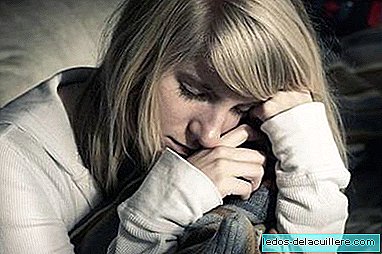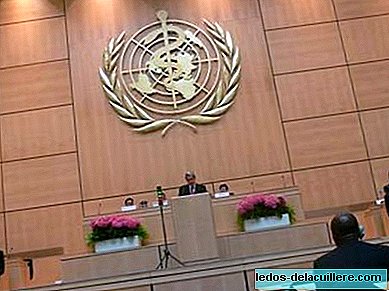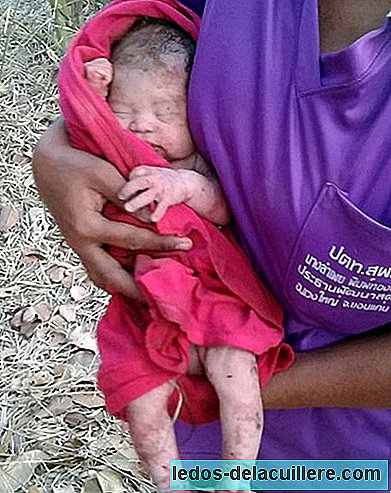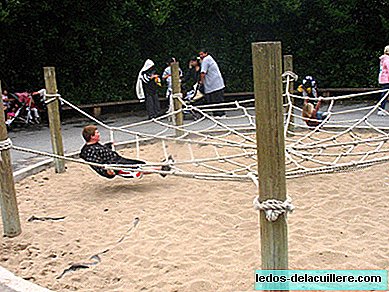
A study by the Commission for Economic Studies for Latin America (ECLAC) and the United Nations Population Fund (UNFPA) conducted in four countries in Central America demonstrated the predominance of the traditional vision of the exercise of paternity. However, the investigation showed a notable decrease in the traditional paternal role. This study analyzes from a sociocultural approach the ideas or representations of the exercise of paternity in four Central American countries: Costa Rica, Salvador, Honduras and Nicaragua.
For the investigation the factors were taken into account: religion, place of residence, ethnicity, social position and education of the respondents.
Three forms of paternity were identified: traditional paternity in which the father is at the top of the family unit. Her role is as a provider, in charge of exercising discipline and authority where women play a passive role.
This conception of paternity is still valid in all four countries (50.67%). However, it is in decline in the face of modern fatherhood; which is exercised from the equality of roles and stood at 39%.
A last way to be parents is located in a transition of both.
Research shows that at a lower educational level, a higher traditional position and a higher educational level, a modern vision. The relationship between rural and urban also stands out among respondents. where the conceptions of traditional and modern paternity prevail respectively.
Another important fact is age. In men over 50 years old, the exercise of paternity is traditional while in respondents aged 20 to 49 it is modern.
The conclusions highlight the importance of generating a shift towards ways of thinking where integral and socially committed fatherhood is conceived that allow for gender equity.












